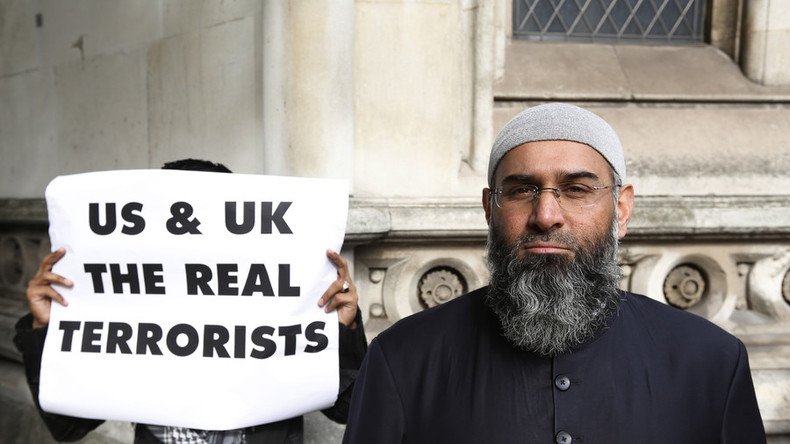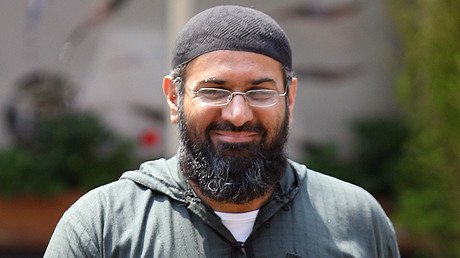Hug a jihadi or prosecute hate preachers? UK counter-terror watchdog sends mixed messages

Hate preachers in Britain should not be jailed unless they have committed or plotted an act of violence, according to the Government’s independent reviewer of counter-terrorism legislation.
Max Hill QC, who last week said British Islamic State (IS) fighters should be reintegrated into society, says tough new laws to clamp down on hate speech is “quite wrong.”
Hill, who seems to want to protect freedom of speech, has apparently misunderstood the potential role of hate preachers, who do not attack, but, who instead, radicalize others.
Hill is expected to tell the Justice charity group Tuesday that new sentencing powers and criminal offences, including banning orders and extremism disruption orders, should not be issued unless a person actually carries out a violent act.
In a previewed speech Tuesday, he will say it is not correct to punish “thought without action.” He, however, denies that he was referring to hate preachers.
“We do not, and should not, criminalize thought without action or preparation for action,” Hill will say. “Whilst we can all agree that there should be nowhere for real terrorists to hide, we should also agree that legislating in the name of terrorism when the targeted activity is not actually terrorism would be quite wrong.”
Hate preachers, previously protected by freedom of speech laws, are known to encourage others to do their dirty work, rarely actively engaging in terrorist attacks themselves.
Islamic State fan-boy killers, such as London Bridge attacker Khuram Butt were said to be inspired by infamous London hate preacher Anjem Choudary. Michael Adebolajo and Michael Adebowale, who murdered Fusilier Lee Rigby in 2013, were also said to be fans of Choudary who was jailed in 2016 for encouraging support for IS.
Hill took to Twitter Tuesday afternoon to deny he was speaking about hate preachers, and said he makes no mention of Choudhary. He did not make clear where exactly the line between free speech and hate speech falls, or how that could be interpreted in law.
His speech will come a week after he said British men and women who travelled to fight with IS were naive and should be reintegrated into their local communities.
It also comes against the backdrop of multiple attacks on British soil by IS supporters, including one which left 22 dead at the Manchester Arena.
However, Hill believes a person must be actively participating in terrorism in order to be charged under tough new legislation.
“Thought with steps towards action can be terrorism,” Hill will say. “Thought without action or preparation for action may be extremism, but it is not terrorism. At least, this is where I hold the dividing line. Whether others agree is a matter of debate. You will recall the proposals for banning orders, extremism disruption orders and closure orders. If any or all of them make a reappearance, that will be evidence, for me, of the creation of criminal sanctions, formal consequences which fall on the wrong side of the divide.”
The government of David Cameron proposed banning orders, extremism disruption orders and closure order powers to stop the spread of extremist rhetoric. Prime Minister Theresa May included the ideas in a counter-extremism strategy as home secretary, after claiming there is “too much tolerance of extremism in our country.”
Hill has told cabinet ministers to reach out to Muslim communities, even those who they “do not agree with.”














